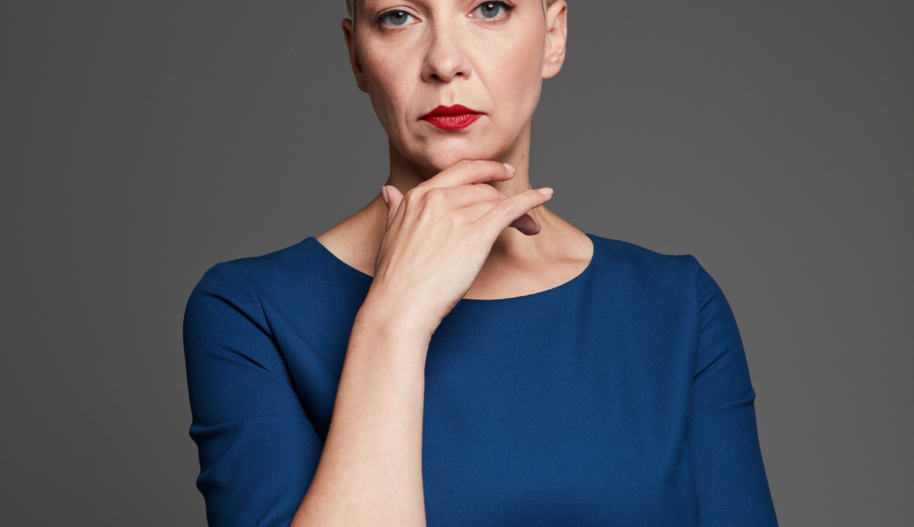Belarusian authorities should immediately and unconditionally release and end the ill-treatment of Maryia Kalesnikava. She is a prominent opposition figure and symbol of the 2020 peaceful protest and has been held behind bars since September 2020.
Maryia Kalesnikava has been ill-treated by the penal colony administration and her health has deteriorated. She has been denied any communication with her family and lawyers since mid-February, including calls, letters, or visits.
Write to the Prosecutor General of the Republic of Belarus urging him to:
- Ensure Maryia Kalesnikava’s immediate and unconditional release.
- Urgently end the ill-treatment and incommunicado detention of Maryia Kalesnikava, provide her with adequate health care and all essentials including medicines.
- Promptly and effectively investigate the allegations of Maryia Kalesnikava’s ill-treatment, arbitrary detention and unfounded prosecution, and bring all those responsible to account, in fair trial proceedings.
- End the misuse of the criminal justice system to target activists and peaceful dissent.
Write to:
Andrei Shved
Prosecutor General of the Republic of Belarus
Internatsiyanalnaya str., 22,
Minsk, 220030
Republic of Belarus
Email: info@prokuratura.gov.by
Background
Maryia Kalesnikava is a prominent opposition figure, musician, and symbol of the peaceful protest movement for human rights in Belarus. She became one of the leaders of the opposition after Viktar Babaryka and another presidential hopeful, Siarhei Tsikhanousky, were arrested in the run-up to the presidential election on August 9, 2020.
Together with Svyatlana Tsikhanouskaya and Veranika Tsapkala, Maryia Kalesnikava formed an all-female trio who led an electoral challenge to, and galvanized mass protest vote against, the incumbent Alyaksandr Lukashenka. Veranika Tsapkala left Belarus on August 9, 2020, for fear of persecution.
Following Svyatlana Tsikhanouskaya’s forced exile on August 10, 2020, Maryia Kalesnikava emerged as the highest-profile opposition figure in Belarus. She appeared on the frontline of numerous peaceful street protests, repeatedly confronted abusive police officers, gave numerous media interviews and continued to support individuals who had suffered arbitrary arrest and torture and other ill-treatment in detention.
From October 2020 to December 2022, Belarusian authorities disbarred three lawyers in retaliation for representing Kalesnikova: Aliaksandr Pylchenka, Liudmila Kazak, and Uladzimir Pylchenka.
Ill treatment in detention
Following her emergency surgery in November 2022, Maryia Kalesnikava spent approximately a week at the Homiel emergency hospital before being transferred to the penal colony’s medical facility. The details about her condition and account of ill-treatment in the punishment cell only became known on December 5, 2022, when her father was allowed to visit her.
On January 10, 2023, the penal colony’s administration forced Maryia Kalesnikava to resume work at the colony’s clothing factory. Her family expressed concern that she was still too weak from the surgery to start working again.
In late March 2023, Viasna, a prominent human rights organization, reported that Maryia Kalesnikava had been placed in a punishment cell (“PKT”) over a supposed violation of penitentiary regulations.
Deteriorating health
In May 2023, human rights organizations learned through private channels that Maryia Kalesnikava’s health had significantly deteriorated in prison and that she had not recovered from the surgery. According to credible reports, she was unable to do mandatory work in prison and had lost consciousness on several occasions.
Concerned about her deteriorating health, her family consulted with a doctor regarding her post-operative care needs. Although the doctor was not able to examine her in person, he advised that she might require medical supervision and a special diet for several more months following the surgery to avoid a relapse with potentially far worse health consequences.













